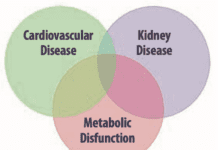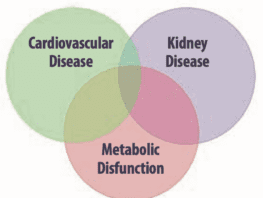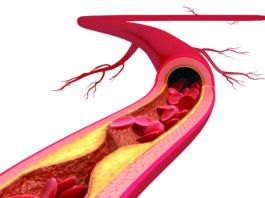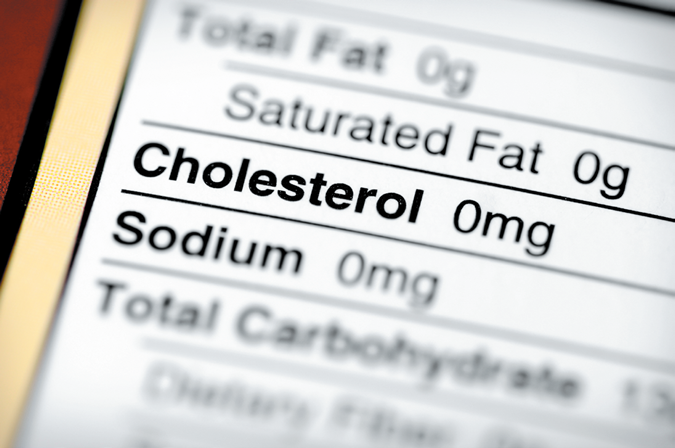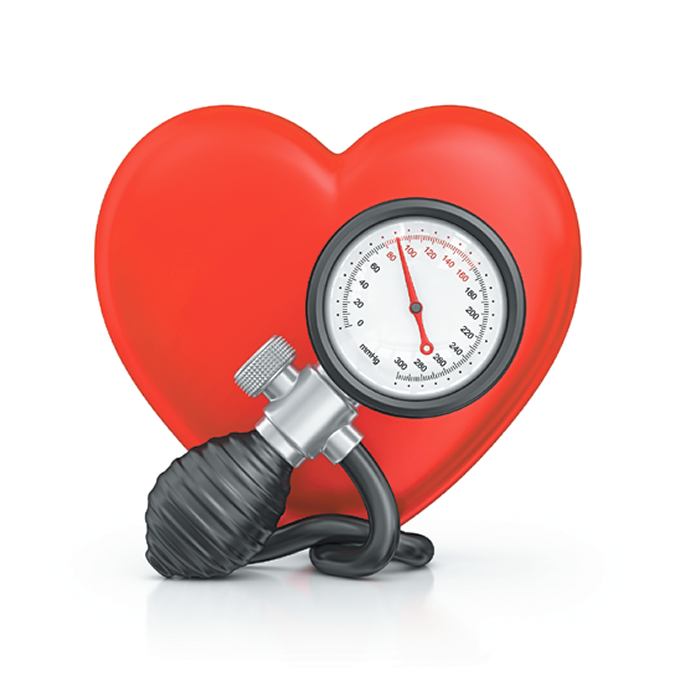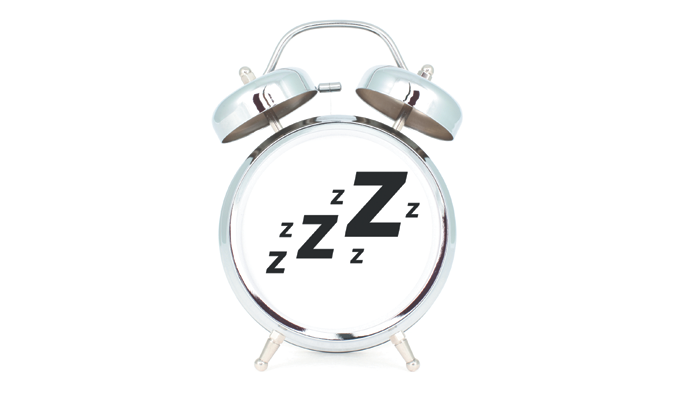Eating Fish Associated with Lower Cardiovascular Disease Risk than Meat and Poultry
A new analysis found that intake of fish was associated with lower rates of incident disease and mortality than intake of meat or poultry....
Diet and Stroke Prevention
On average, someone in the United States has a stroke every 40 seconds. While there are numerous factors that increase risk (including high blood...
Do We Need to Limit Dietary Cholesterol?
For decades, major dietary recommendations in the U.S. included advice to limit intake of cholesterol from foods to 300 milligrams (mg) or less a...
Red Meat Intake Increases Cardiovascular Disease Risk
A randomized controlled feeding trial published in the
European Heart Journal found that red meat consumption is more likely to lead to atherosclerosis (hardening of...
Diet and Blood Pressure: The Heart of the Matter
Nearly half of all adults in the U.S. have high blood pressure. If not controlled, this generally symptomless silent killer can lead to serious consequences, including stroke, kidney disease, heart attack, and blindness. Fortunately, high blood pressure can be prevented-and controlled-through healthy lifestyle choices.
Q. I have high cholesterol and my doctor told me to eat more beans....
Q. I have high cholesterol and my doctor told me to eat more beans. Why?
Regaining Lost Weight Negates Many Cardiometabolic Gains
A recent study by Tufts researchers published in the Journal of the American Heart Association found that regaining some or all of lost weight diminished the cardiometabolic benefits of that weight loss. It is known that losing weight improves cardiometabolic risk factors, such as HDL cholesterol, triglycerides, glucose, HbA1c, and blood pressure. Weight regain after weight loss is common, but up until now the impact on cardiometabolic risk factors was not well established.
Short Sleep Duration Associated with Higher Risk of Death in Some
A recent study in the Journal of the American Heart Association suggests that middle-aged adults with high blood pressure, type 2 diabetes, heart disease, or history of stroke could be at high risk for early death if they sleep less than six hours per night.
Sleep Six to Nine Hours for Heart Health
A new study in the Journal of the American College of Cardiology found that sleeping between six and nine hours a night, compared to less, is associated with 20 percent lower risk of heart attack.
Routine Low-Dose Aspirin Use No Longer Recommended for Primary Prevention
In March of 2019, the American Heart Association and American College of Cardiology released updated guidelines recommending against routine low-dose aspirin use for the primary prevention of cardiovascular disease (CVD) in people older than 70 and in those with increased bleeding risk (such as those with peptic ulcer disease).



